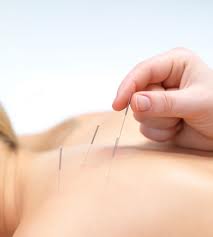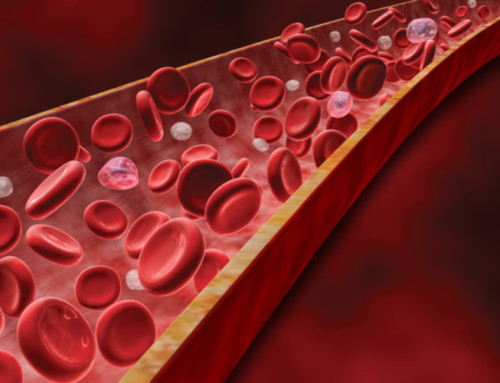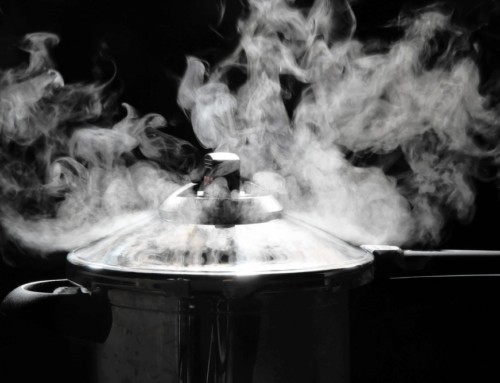 There is much astir in the acupuncture community of late, as there should be, over acupuncture being practiced by unlicensed therapists under the term “dry needling”. Dry needling involves using an empty hypodermic needle to pierce the skin or muscle at the site of a trigger point to interrupt the pain cycle. The technique evolved out of trigger point therapy. Recently physical therapists have begun to use acupuncture needles in dry needling. This is otherwise known as acupuncture needling of ASHI points, which has been practiced for thousands of years and is clearly outside their scope of practice.
There is much astir in the acupuncture community of late, as there should be, over acupuncture being practiced by unlicensed therapists under the term “dry needling”. Dry needling involves using an empty hypodermic needle to pierce the skin or muscle at the site of a trigger point to interrupt the pain cycle. The technique evolved out of trigger point therapy. Recently physical therapists have begun to use acupuncture needles in dry needling. This is otherwise known as acupuncture needling of ASHI points, which has been practiced for thousands of years and is clearly outside their scope of practice.
This is a clear disregard for the value of acupuncturists. We have dedicated 4-6 years of study. We have worked to educate the public about a sophisticated health system. Now that we have finally received validation, we face having our pactice stolen by practitioners with insufficient training.
Despite the emotions this brings up for those of us who have dedicated our lives to this practice, we need to focus on the simple illegality of the situation; these physical therapists are practicing acupuncture without a license and what is needed is some sort of legal action to protect our license. If there were estheticians performing surgery, or even doing chiropractic adjustments, I doubt they would get away with it for long.
Another question we need to ask is why are physical therapists able to perform acupuncture and get compensated by insurance companies at far better rates? With the increased medical coverage, we need to demand compensation at a superior rate.
There is a benefit in all this if it unites us a profession and moves us to action.
TAKE ACTION:
Current state of Affairs: from this article
there are several states across the nation that are in the middle of legal battles over whether the Board of Physical therapy has the authority to presume Dry Needling already in the scope of practice. North Carolina, Maryland, and Oregon courts have issued temporary injunctions. Mississippi, Louisiana, Illinois, and South Carolina are in the beginning stages of legal action on this issue. Currently, South Carolina requires the any discipline practicing Acupuncture must meet all of the academic and clinic requirements set forth by the NCCAOM. At this time, no Physical Therapist has within its scope of practice the ability to insert a needle into the skin for therapeutic purposes.
For more information on the subject:




